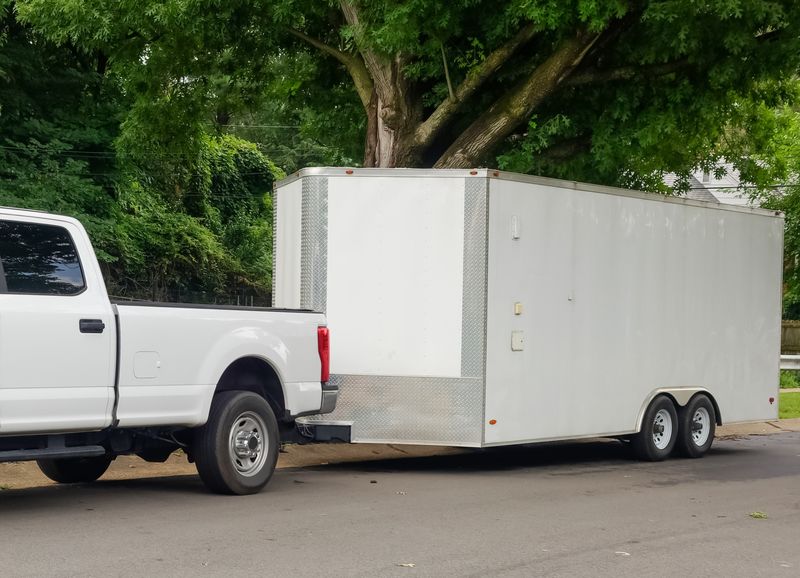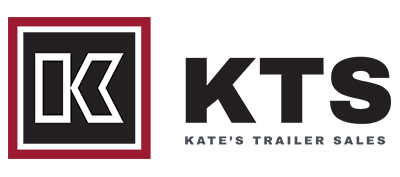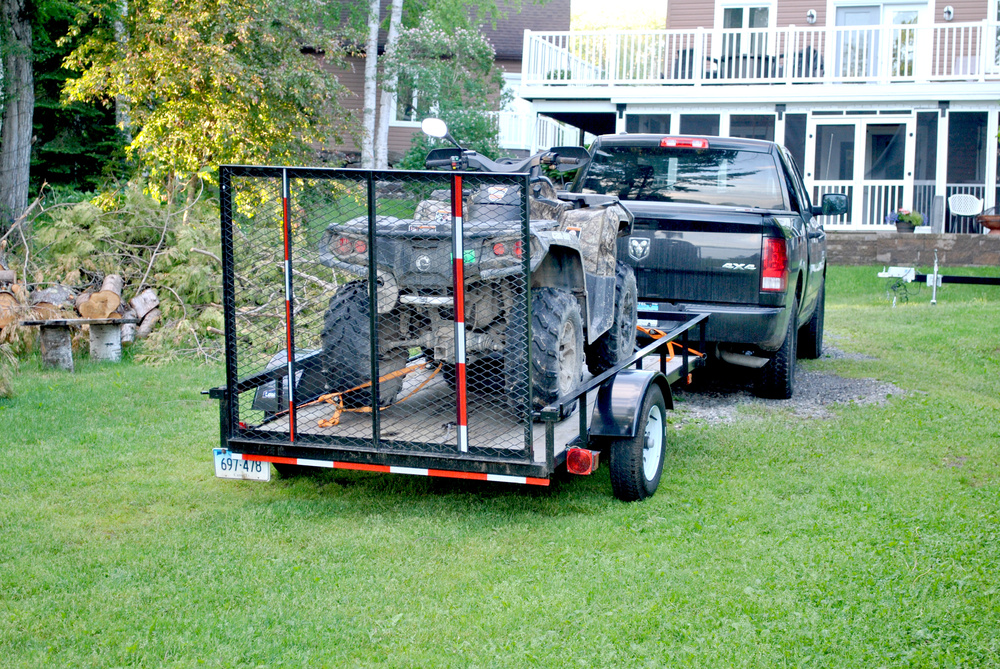Illinois Trailer Insurance Explained
Trailer insurance is essential to safely and responsibly own and tow a trailer. While trailers in Illinois are not legally required to have liability insurance, it’s smart to play it safe and purchase a trailer insurance policy anyway. Accidents and theft can happen at any time, and proper insurance coverage can help protect your investment and give you peace of mind. As your go-to trailer dealership in Illinois, we are here to answer your basic questions on trailer policies, and where to start with your coverage.
What is Trailer Insurance?
This specialized insurance provides coverage for trailers used for personal or commercial purposes. Depending on the type of trailer and how it’s used, you may need different types of insurance coverage. For example, if you use your trailer for business purposes, you may need commercial trailer insurance.

In Illinois, trailer insurance is not required by law. However, if you plan to tow your trailer on public roads, you’ll need to make sure it’s registered and has a license plate. Additionally, if you have a loan on your trailer, your lender may require you to have insurance coverage to protect their investment.
Do I Need Trailer Insurance?
In Illinois, requirements may vary depending on the type of trailer you own and how it’s being used. If your trailer is for personal use, the general rule is that the liability follows your tow vehicle. Up to a certain size, at least. Trailers for personal use are usually covered if the vehicle they are hitched to is covered. It’s best to be sure by confirming that your trailer is covered by talking with your insurance agent.
When you confirm that your trailer is covered by your tow vehicle, it’s likely that this only includes liability insurance. This covers any damage that occurs when the trailer is being towed by the covered vehicle. However, this does not cover damage to the trailer itself. To cover your trailer, we recommend talking to your insurance agent about adding physical trailer damage to your auto insurance policy, or adding an additional policy for the trailer. Additional policies also help ensure that your trailer is covered if damage occurs when it is not hitched to the insured tow vehicle.
Trailer Cargo Coverage
Though the trailer itself may be covered by your vehicle policy, this likely does not cover the items inside your trailer. Your trailer cargo can be covered by purchasing an additional insurance policy. This is especially important if you use a trailer to carry expensive equipment, which is common with businesses. Most insurance agencies offer policies that will cover the equipment inside your trailer, so this is definitely something to ask your insurance agent about if you run a business with your trailer.

Types of Coverage
Liability Coverage
This type of coverage provides protection if you cause injury or property damage while towing your trailer and someone else is injured or their property is damaged. Liability coverage will pay for medical expenses, property damage, and legal fees if you’re sued.
Collision Coverage
Collision coverage covers the cost of repairs or replacement if your trailer is damaged in a collision with another vehicle or object. It will pay for repairs or replacement costs up to the limit of your policy.

Comprehensive Coverage
This coverage provides protection for non-collision damage to your trailer and will pay for repairs or replacement costs up to the limit of your policy. Comprehensive coverage could include damage caused by a fire, theft or natural disaster.
Uninsured/Underinsured Motorist Coverage
This type of coverage provides protection if you’re involved in an accident with a driver who doesn’t have insurance or doesn’t have enough insurance to cover the damages. Uninsured/underinsured motorist coverage will pay for medical expenses and property damage up to the limit of your policy.
Factors Affecting Trailer Insurance Premiums
The cost of your insurance premiums can vary depending on several factors, including:
Trailer Type and Value
The value and type of your trailer can affect your insurance premiums. Higher value trailers or specialized trailers, such as horse trailers or cargo trailers, may cost more to insure.
Trailer Use
How often you use your trailer and what you use it for can also affect your premiums. If you use your trailer for commercial purposes, such as hauling goods or equipment, you may need commercial trailer insurance, which can be more expensive than personal insurance policies.
Driving History
Your driving record can also impact your insurance premiums. If you have a history of accidents or traffic violations, you may pay higher premiums.
Location
Where you live or work can also affect your insurance premiums. If you live in an area with high crime rates or a higher risk of natural disasters, you may pay more for insurance.

Trailer insurance is an important consideration for any trailer owner in Illinois. It provides protection against unexpected accidents and theft and can give you peace of mind while using your trailer. Before purchasing insurance, it’s essential to understand your state’s requirements and coverage options, as well as the factors that can affect your insurance premiums. Consulting with an experienced insurance agent can help you find the right coverage at a price that fits your budget. You can shop trailers for sale in Illinois at Kate’s Trailer Sales in Arthur when you’re ready for a new trailer.

